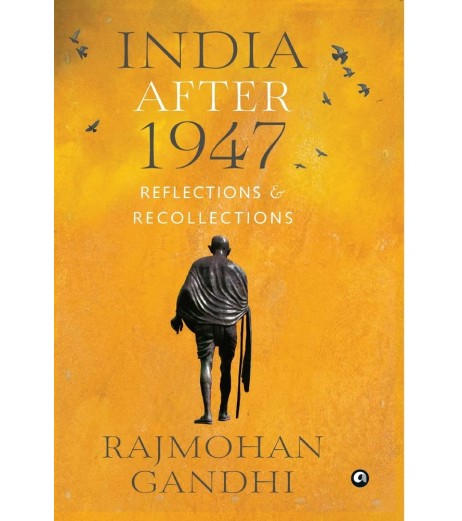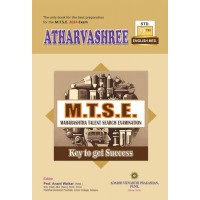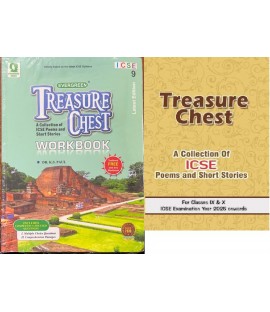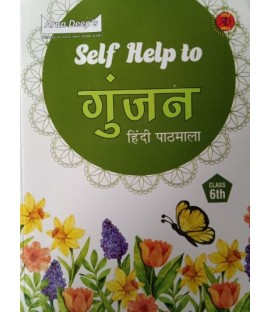India After 1947
- Publisher : Rupa Publications
- Author: Rajmohan Gandhi
- Availability: In Stock
- Normally Deliver within 3-4 days
- Rs.414
-
Rs.375 Upto 9% off

-
Description :
After 75 years of independence, India is faced with difficult questions. The cost of living and employment are two of the most concerning ones. However, concerns regarding the condition of our democracy are just as important, if not more so. The people of India, through their leaders and elected representatives, set out to build a country based on the principles of equality, liberty, and fraternity when they gained independence and got ready to become the biggest democracy in the world. Many were surprised and encouraged by the seemingly successful exercise, especially considering the country's dense population, high rates of poverty and illiteracy, confusing diversity of languages, castes, and religions, and history of internal strife. But these principles have consistently come under attack over the years. The author of the book considers important issues that India will have to handle.He queries whether the bitter victimisation that appears to afflict the proponents of Hindu nationalism in a nation where Hindus predominate in the media, the culture, the economy, and everything else will determine India's future.Or will young Indians, who identify as Hindu, Muslim, Christian, Sikh, Buddhist, Jain, Parsi, and others, remain composed, introspective, critical of themselves, and self-assured, and go on to create a nation where everyone is treated equally? He discusses the arguments surrounding the concept, image, and persona of Ram throughout India's history; examines the implications of Partition and the idea of Akhand Bharat; and explores the positions taken by Mahatma Gandhi on matters that are still contentious in contemporary India. Along with these observations, the author also reviews the history of the country starting in 1947 and considers the actions that the Indian people should take to maintain a strong and dynamic democracy that guarantees that no one is left behind or feels oppressed, unwanted, or unsafe. India After 1947 is a timely analysis of the state of the country written by one of our greatest intellectuals. It serves as a helpful reminder of our identity as a people and our aspirations for the future.5 years of independence, India is faced with difficult questions. The cost of living and employment are two of the most concerning ones. However, concerns regarding the condition of our democracy are just as important, if not more so. The people of India, through their leaders and elected representatives, set out to build a country based on the principles of equality, liberty, and fraternity when they gained independence and got ready to become the biggest democracy in the world. Many were surprised and encouraged by the seemingly successful exercise, especially considering the country's dense population, high rates of poverty and illiteracy, confusing diversity of languages, castes, and religions, and history of internal strife. But these principles have consistently come under attack over the years. The author of the book considers important issues that India will have to handle.
New Arrival
Featured Products







-110x200.jpeg)
















